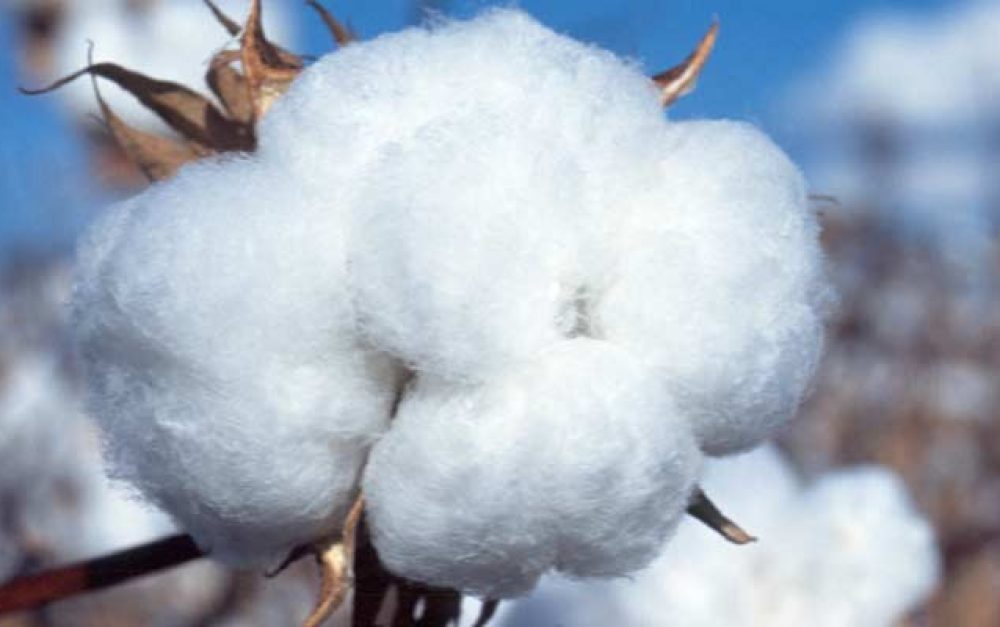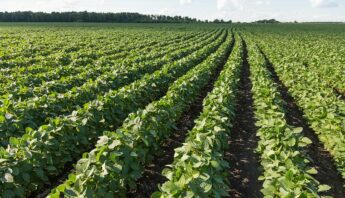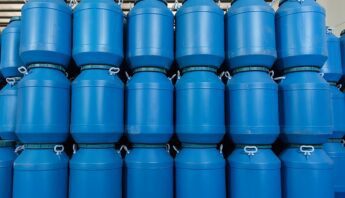For immediate release: July 28, 2015
Contact: Paul Towers, PAN, ptowers@panna.org or 916-216-1082
On Thursday, July 23, USDA’s Animal and Plant Health Inspection Service (APHIS) announced its decision to deregulate (approve) Dow AgroScience’s 2,4-D and glufosinate-resistant cotton, to be marketed as Enlist cotton. The agency based its determination on its finding that the plant is “unlikely to pose a plant pest risk.”
Marcia Ishii-Eiteman, PAN’s Senior Scientist, released this statement:
“Predictably, USDA has approved Dow’s 2,4-D resistant cotton, once again proving itself more than willing to put pesticide company profits over the livelihoods of farmers around the country.
The introduction of Dow’s 2,4-D-resistant cotton, along with Dow’s 2,4-D resistant corn and soybean, will drive a tremendous increase in application of 2,4-D around the country. This increased application is virtually certain to speed the evolution of resistance in weed populations to 2,4-D, glyphosate (part of the Enlist Duo package) and other herbicides, creating additional costs and severe challenges to cotton farmers already struggling to survive.
Fruit and vegetable growers across the southeast, southwest and western states where cotton is grown, as well as organic farmers, are likely to experience increased crop damage due to 2,4-D and glyphosate drift. Production of economically important specialty crops such as peaches, pecans, green beans and other fruits and vegetables located close to cotton-growing areas in many states would be most at risk. The health of rural communities living near fields planted to 2,4-D resistant crops is also imperiled.
USDA continues to restrict its assessment to the narrow question of “plant pest risks,” ignoring its obligation to consider the cumulative impacts on farm success, farmers’ well-being and livelihood, non-target organisms and the environment of both the seed and the herbicide used together. This week, USDA has once again failed miserably in fulfilling its mission to protect the public good.
Export markets sensitive to GE contamination of cotton fiber or cottonseed oil will also likely be negatively affected. USDA argues that the addition of one more GE cotton variety will not affect the overall production levels of GE cotton and thus not affect these markets, any more than they are already affected.
USDA’s rationale is akin to pointing out that a farmer’s house is already on fire, so it will not matter if more gasoline is poured on the ground surrounding that house.“







